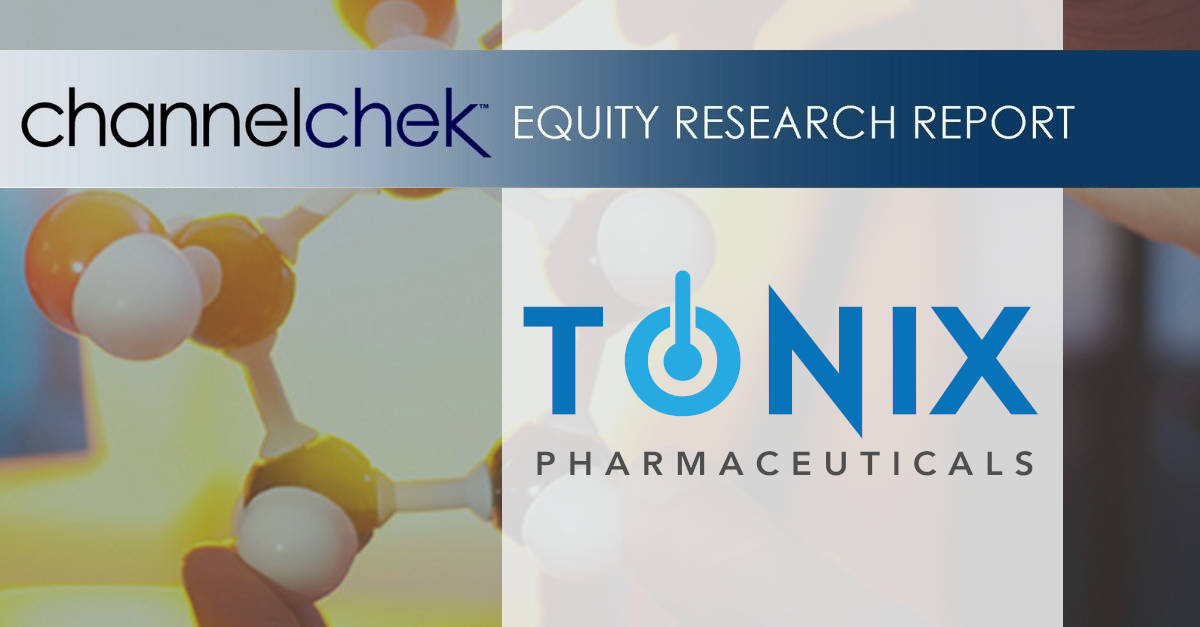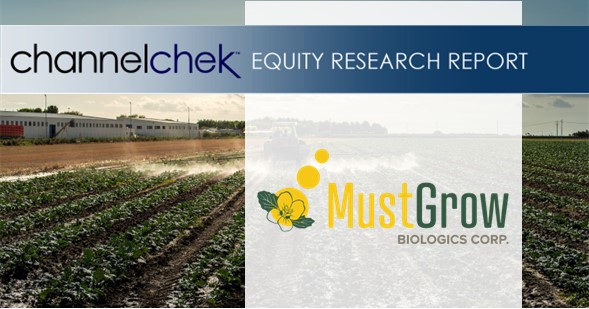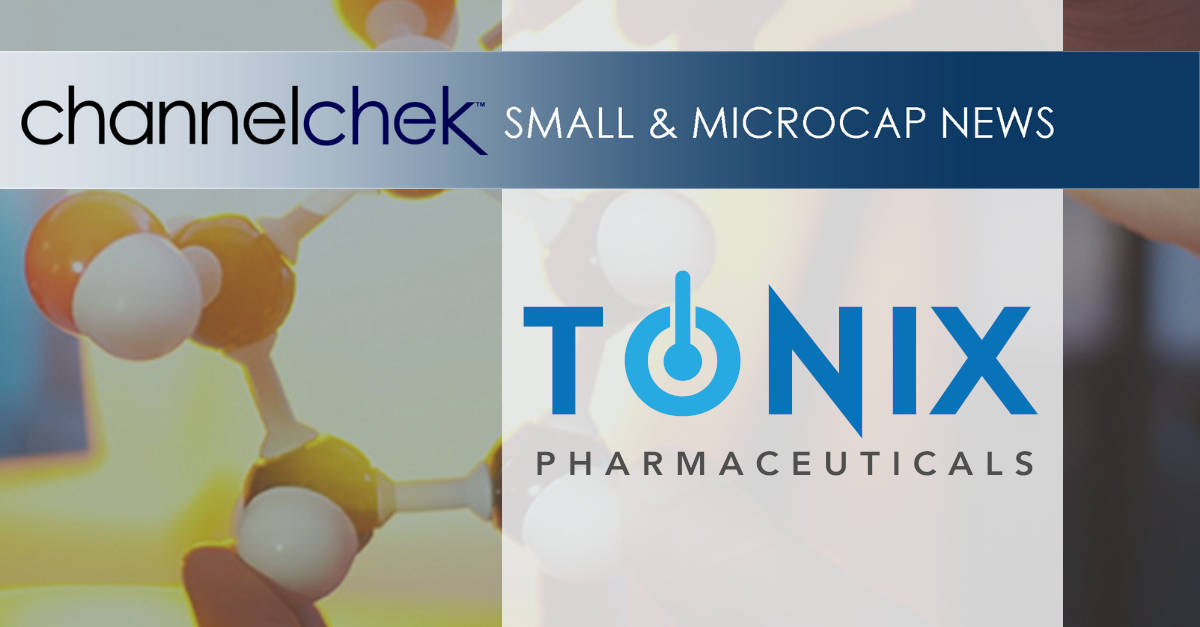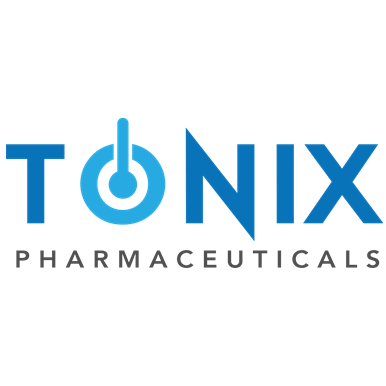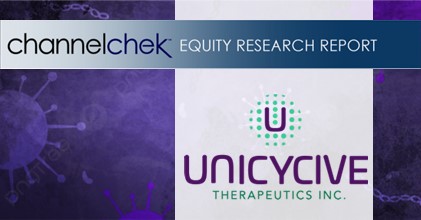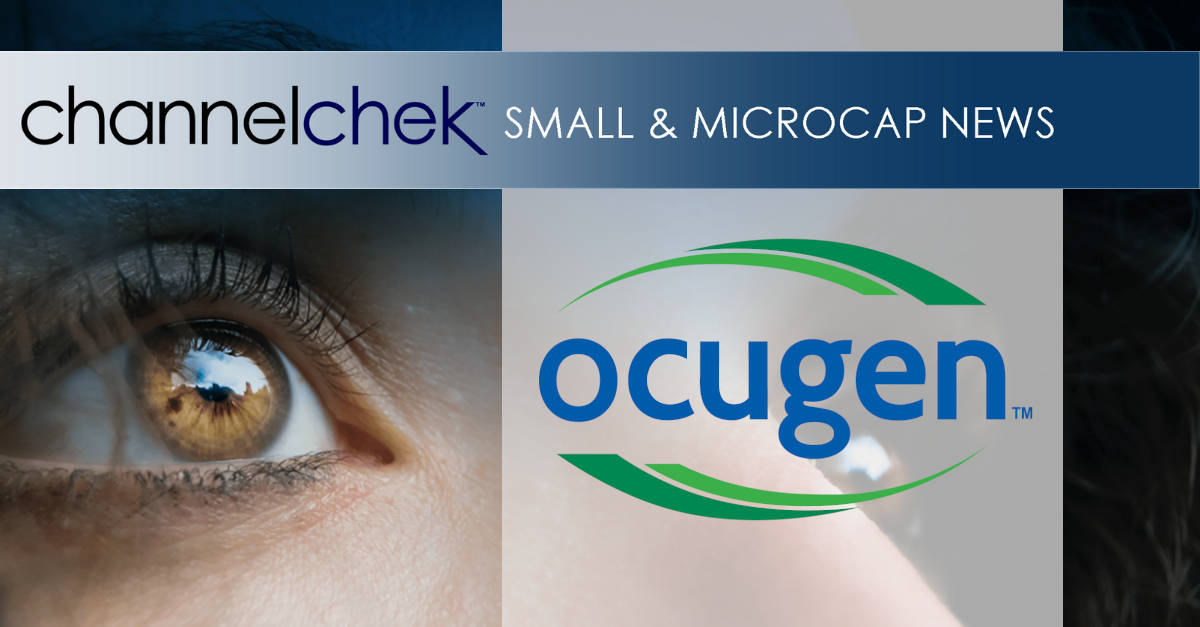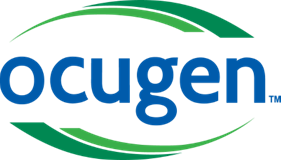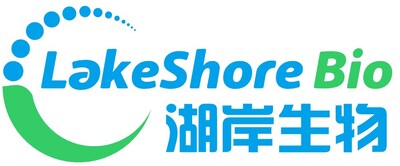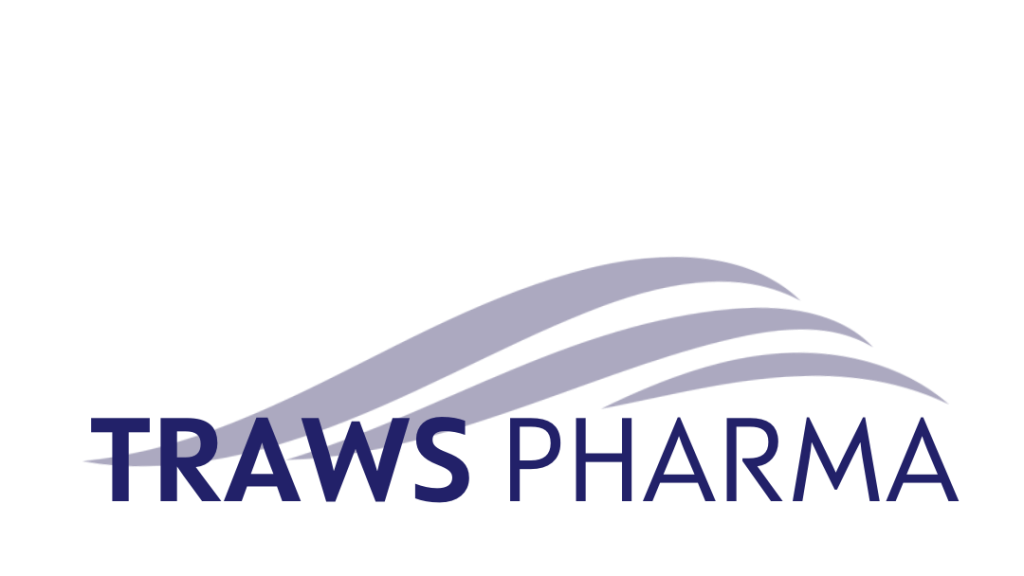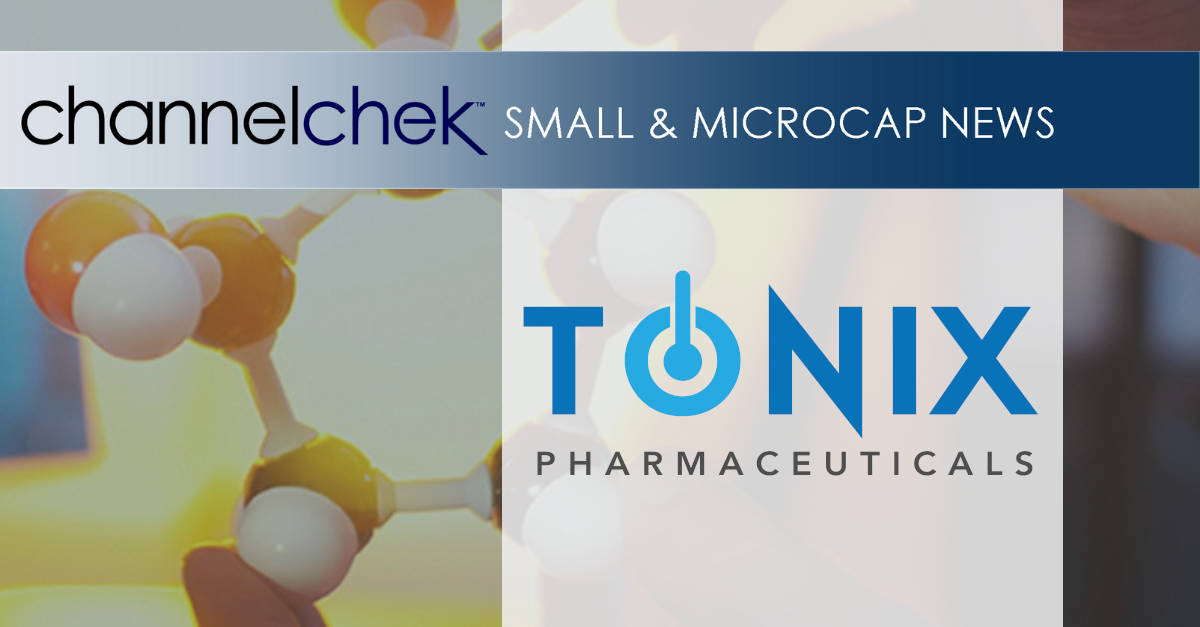Research News and Market Data on TRAW
May 23, 2024
Differentiated resistance profile positions Traws’ program as a potential class leader
NEWTOWN, Pa., May 23, 2024 (GLOBE NEWSWIRE) — Traws Pharma, Inc. (“Traws” or “Traws Pharma”), a clinical stage biopharmaceutical company developing oral small molecules for respiratory viral diseases and cancer, today announced presentation of a poster at the annual International Conference on Antiviral Research (ICAR2024) which is being held from May 20th to May 24th in Gold Coast, Australia. The poster highlights positive results of preclinical experiments using patient isolates of COVID19 virus to define the resistance profile of ratutrelvir, formerly known as travatrelvir or TRX01, Traws’ ritonavir-free Mpro protease inhibitor for COVID19, currently in Phase 1 single and multiple ascending dose (SAD/MAD) escalation studies.
“We are very pleased to present the results of resistance studies for ratutrelvir at ICAR2024. Resistance studies are an important part of establishing a differentiation profile for an antiviral agent. Our initial data indicate that ratutrelvir has superior activity compared to nirmatrelvir against a range of omicron variants, based on a comparison of EC50. We believe the results presented at ICAR provide additional positive data to indicate that ratutrelvir has a differentiated resistance profile compared to nirmatrelvir,” said Werner Cautreels, Ph.D., Chief Executive Officer of Traws Pharma.
Dr. Cautreels continued, “Some resistance mutations are common to both drugs but a large part of resistance to nirmatrelvir was not seen with ratutrelvir. Together, ratutrelvir’s differentiated resistance profile, promising pharmacokinetic effects, potential to be used without ritonavir and the accelerated pace of Phase 1 enrollment put the compound on track to advance to Phase 2 studies in H2 2024 and position ratutrelvir as a potential class-leading therapy for COVID- 19.”
C. David Pauza, Ph.D., Chief Scientific Officer, Virology at Traws Pharma said, “Understanding the patterns of resistance mutations gives us the ability to identify circulating viruses that may already be resistant to individual antiviral agents; selecting the right drug can be guided by this information. The resistance studies presented at ICAR compared ratutrelvir to nirmatrelvir, the only Mpro inhibitor approved in the U.S. Our data suggest that ratutrelvir exhibited greater activity compared to nirmatrelvir against wild type Mpro, and remained active against Mpro variants with specific mutations that are associated with nirmatrelvir resistance.”
Dr. Pauza added, “An important finding was that critical mutations accounting for much of the resistance to nirmatrelvir were not found using ratutrelvir, indicating important differences between the two compounds. These differences were most apparent when the nirmatrelvir-resistant mutants P252L or T304I were involved in drug resistance, as these mutations were not observed after ratutrelvir selection.
The data were reported in a poster entitled, “Travatrelvir, an inhibitor of SARS-CoV-2 Main Protease now in Phase 1 Clinical Trials: in vitro Drug Resistance Compared to Nirmatrelvir” (Abstract 356V) presented at ICAR by Bhargava Teja Sallapalli, Master of Veterinary Science, Department of Veterinary Medicine, Virginia-Maryland School of Veterinary Medicine, College Park Maryland et al. The poster can be found on the Scientific Presentations section of the Traws Investor Relations web page.
About Ratutrelvir, the Phase 1 Program and Planned Next Steps
Ratutrelvir (also previously known as 83-0060) was designed as an inhibitor of the SARS-CoV-2 Mpro (3CL protease). It has demonstrated in vitro activity against the original strain of the virus as well as the delta and omicron variants and is more active than nirmatrelvir (PAXLOVID®, Pfizer’s Mpro inhibitor) in preclinical studies. Also in preclinical studies, ratutrelvir did not require co-administration with a human cytochrome P450 (CYP) inhibitor, such as ritonavir, and so it is expected to avoid associated drug:drug interactions, potentially permitting wider patient use. The drug candidate’s pharmacokinetic (PK) profile may enable a once daily, treatment regimen and reduce the likelihood of viral rebound.
The Phase 1 study will evaluate single and multiple ascending doses of ratutrelvir in a double-blinded, placebo-controlled clinical trial to assess safety, tolerability, and pharmacokinetics. Subjects will be randomized 3:1 in five fasted and one fed single ascending dosing (SAD) cohorts and two multiple ascending dosing (MAD) cohorts. Topline data from the study, which is being conducted in Australia (NCT06402136), and the initiation of an international Phase 2 study in subjects with moderate to severe COVID19, are expected to take place in H2 2024.
About Traws Pharma, Inc.
Traws Pharma is a clinical stage biopharmaceutical company developing oral small molecule therapies for the treatment of respiratory viral diseases and cancer. The viral respiratory disease program includes an oral inhibitor of the SARS-CoV-2 Mpro (3CL protease), ratutrelvir, and tivoxavir marboxil, a new oral antiviral drug candidate for influenza which targets the influenza cap-dependent endonuclease and has shown activity in cell-based assays against drug resistant viruses as well as against avian flu.
In the cancer program, Traws is developing the novel, proprietary multi-kinase CDK4-plus inhibitor narazaciclib for refractory endometrial cancer and potentially other cancers. Narazaciclib targets pathways involved in the development of resistance to CDK inhibitors.
Traws Pharma is committed to delivering novel compounds for unmet medical needs using state-of-the-art drug development technology. With a focus on product safety and a commitment to patients in need or that are specifically vulnerable, we build solutions for important medical challenges, aiming to alleviate the burden of viral infections and cancer.
Forward-Looking Statements
Some of the statements in this release are forward-looking statements within the meaning of Section 27A of the Securities Act of 1933, as amended, Section 21E of the Securities Exchange Act of 1934, as amended, and the Private Securities Litigation Reform Act of 1995, and involve risks and uncertainties including statements regarding preclinical studies to evaluate the resistance profile of ratutrelvir, the Phase 1 study of ratutrelvir in Australia and its design, timing and potential results and the timing of a planned Phase 2 study. Traws has attempted to identify forward-looking statements by terminology including “believes”, “estimates”, “anticipates”, “expects”, “plans”, “intends”, “may”, “could”, “might”, “will”, “should”, “preliminary”, “encouraging”, “approximately” or other words that convey uncertainty of future events or outcomes. Although Traws believes that the expectations reflected in such forward-looking statements are reasonable as of the date made, expectations may prove to have been materially different from the results expressed or implied by such forward looking statements. These statements are only predictions and involve known and unknown risks, uncertainties, and other factors, including the success and timing of Traws’ clinical trials, collaborations, market conditions and those discussed under the heading “Risk Factors” in Traws’ filings with the Securities and Exchange Commission. Any forward-looking statements contained in this release speak only as of its date. Traws undertakes no obligation to update any forward-looking statements contained in this release to reflect events or circumstances occurring after its date or to reflect the occurrence of unanticipated events.
Traws Pharma, Inc. Contact:
Mark Guerin
Traws Pharma, Inc.
267-759-3680
www.trawspharma.com
Investor Contact:
Bruce Mackle
LifeSci Advisors, LLC
646-889-1200
bmackle@lifesciadvisors.com

